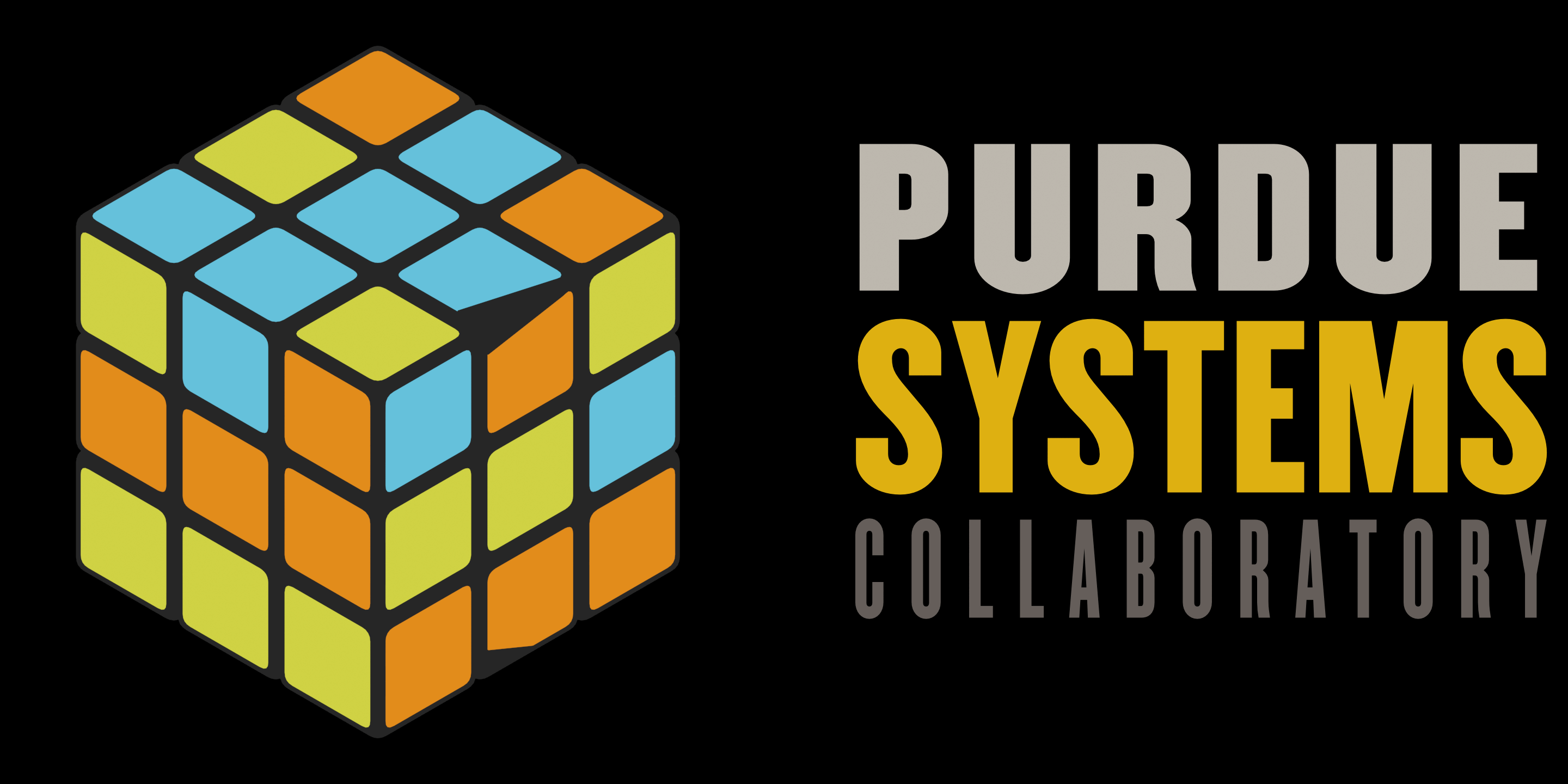Systems Fellows at Purdue Systems Collaboratory
Meet our current and past Systems Fellows (learn more about the program here)
Current Fellows
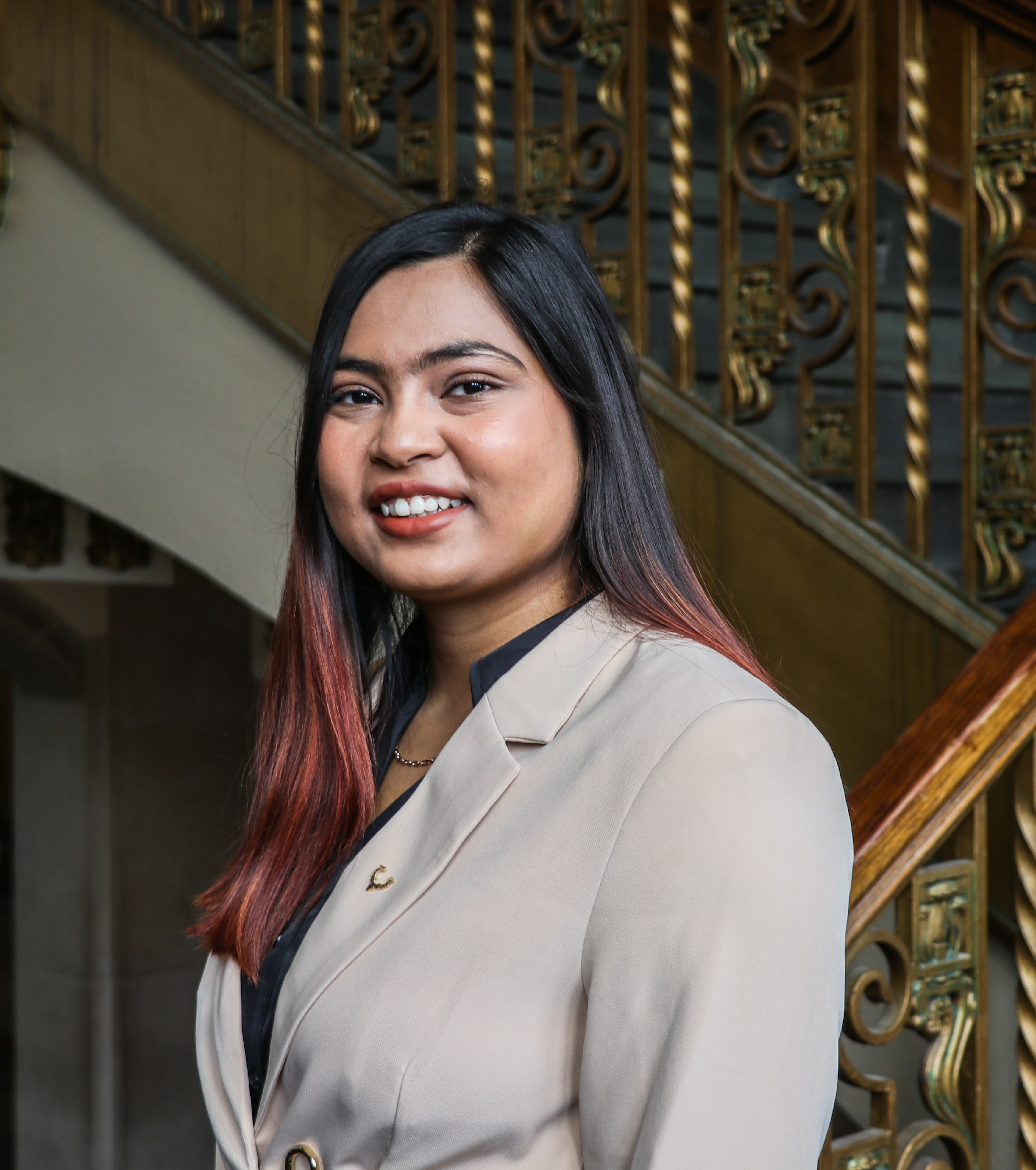
Sukrati Gautam, PhD student, Lyles School of Civil Engineering
2024 Fellow
Advisors:
David J Yu (Lyles School of Civil Engineering, College of Engineering)
Yan Cong (School of Languages and Cultures, College of Liberal Arts)
Project title: Conceptualizing the Interactions of Society, Governance, and Reservoir Dams under Climate Change: An Institutionalist Approach to Systems Modeling
Project and research interests: By integrating Large Language Models (LLMs) and Natural Language Processing (NLP), research aims to analyze the operational rules of reservoirs, with a specific focus on informing resilient management strategies for simultaneous flood and drought mitigation. This innovative approach offers a promising avenue for developing more adaptive reservoir management techniques that are better aligned with the challenges posed by climate change.

Ziqi Guo , PhD student, Mechanical Engineering
2024 Fellow
Advisors:
Xiulin Ruan, (School of Mechanical Engineering. College of Engineering)
Guang Lin, (Department of Mathematics and School of Mechanical Engineering)
Project title: Multiscale Multiphysics Simulation and Machine Learning for Energy Transport
Project and research interests: Ziqi’s work is to use system approaches to combine machine learning and simulation methods to accelerate the prediction of energy transport phenomenon. The developed methods are then used to investigate complex systems, assist material discoveries, and engineer energy transport in nanomaterials and devices.
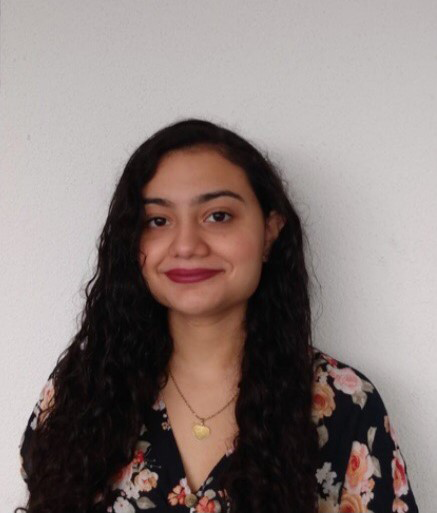
Giulia Murbach de Oliveira , PhD student, Department of Chemistry
Fellow 2022-2024
Advisors:
David H. Thompson (Department of Chemistry)
Zoltan Nagy (Davidson School of Chemical Engineering)
Project title: Next-generation drug manufacturing and distribution systems
Project and research interests: The current pandemic has not only brought new drug discovery challenges, it has also highlighted many problems in the manufacturing and distribution of already-approved drugs. Using a systems approach to integrate chemistry and engineering tools, next-generation drug manufacturing and distribution systems can be proposed to provide greater process efficiencies and improved environmental outcomes.

Xiao Liu, PhD student, Weldon School of Biomedical Engineering
Fellow 2022-2023
Advisors:
Elsje Pienaar (Weldon School of Biomedical Engineering)
Rob Stahelin (Pharmacy and Medicinal Chemistry and Molecular Pharmacology)
Project title: Computational approaches to systems biology of viral infections
Project and research interests: Viral outbreaks from COVID-19 to Ebola have highlighted our limitations in developing effective anti-viral treatments and vaccines. This limitation is due, in part, to a lack of multi-scale and systems-level understanding of the microbial mechanisms that drive pathogen proliferation and damage to host cells. Given the complexity of these viral infections across multiple spatial and temporal scales, such a systems approach requires quantitative engineering and computational tools.

Samuel Park, PhD student, Lyles School of Civil Engineering
Fellow 2019-2022
Advisors:
David J. Yu (Assistant Professor of Civil Engineering & Political Science)
Seungyoon Lee (Associate Professor of Communication)
Project title: Effects of Social Media on the Voluntary Sharing Behavior for Disaster Relief
Project and research interests: Emergence of local help networks for disaster relief (e.g., voluntary sharing of water, food, etc.) is observed worldwide and is considered a key to building community disaster resilience. An important new trend in this regard is the increasing use of social media among disaster-affected people in disaster relief situations. Social media can potentially help voluntary sharing behavior by facilitating information exchange in two ways: the matching of help-seekers and help-donors over wider social network and improved situational awareness about the level of inequality in relief resources among people. It is widely assumed the use of social media is beneficial to the performance of local help networks. However, I challenge this assumption and critically examine how behavioral aspects of social media and underlying contextual factors affect the macro-level performance of such local help networks. In particular, I examined the influences of two forms of tradeoffs: 1) while the use of social media expands the spatial scale of relief sharing interactions, it can also dilute the strength of pro-social preferences and, thus, sharing behavior among potential help-donors and 2) while the use of social media enhances people’s situational awareness, it can also undermine the sharing behavior of help-donors with relatively less relief resources in hand. In this study, I developed and analyzed an agent-based model of voluntary local help networks to explore effects of these two tradeoffs and their interaction on the level of community resilience. I used the model to conduct computational experiments to compare the outcomes under various physical and social conditions. My results reveal that the use of social media generally enhances the quantity, equity, and duration of voluntary relief sharing but not always. Information exchange through social media is important not only because of the increased matching possibility between help-donors and help-seekers but also because of the enhanced situational awareness that promotes inequality-aversion.
Past Fellows
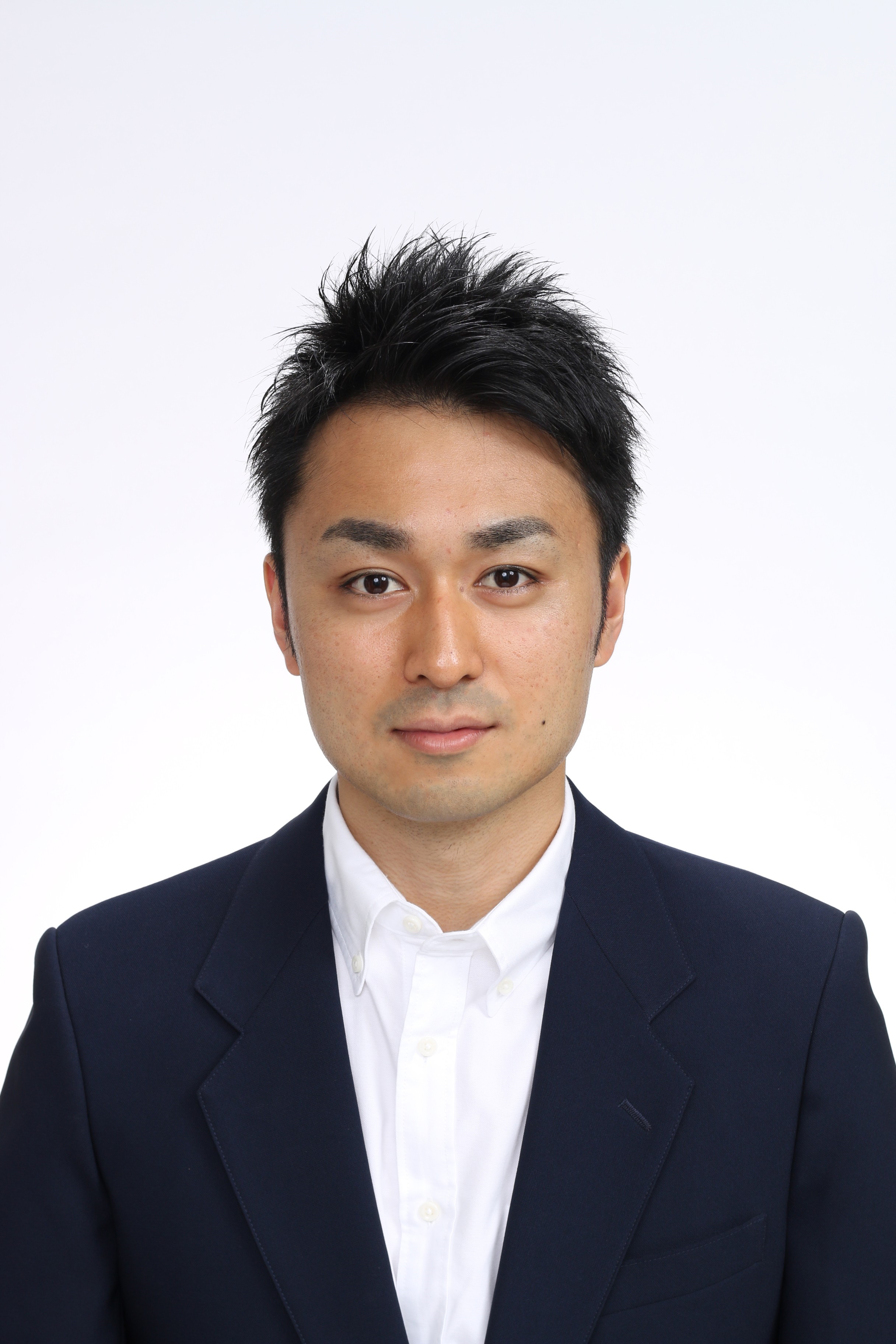
Takahiro Yabe, PhD student, Lyles School of Civil Engineering
Fellow 2018 and 2019
Advisors:
Satish Ukkusuri (Professor of Civil Engineering)
Seungyoon Lee (Associate Professor of Communication)
Project title: A network-of-networks approach to model the disaster resilience of urban socio-physical systems
Project and research interests: Cities are highly complex systems that are composed of interdependent socio-physical networks with dynamic and often latent connections between heterogeneous nodes. The complexity is recently increasing with stronger functional and structural coupling between systems, which is increasing cities' vulnerability to disasters in unforeseen ways. Current research on urban resilience have largely neglected the dynamic interdependencies between social and physical systems and are limited to analyses of few disaster cases. To overcome such limitations, the team takes a network-of-networks approach to understand the mechanisms that lead to the diversity in resilience across cities backed by large-scale data of human mobility and infrastructure failures collected from various disasters across cities. Findings will be applied to develop state-of-the-art decision support tools that could assist decision makers by predicting the recovery dynamics of cities after disasters.
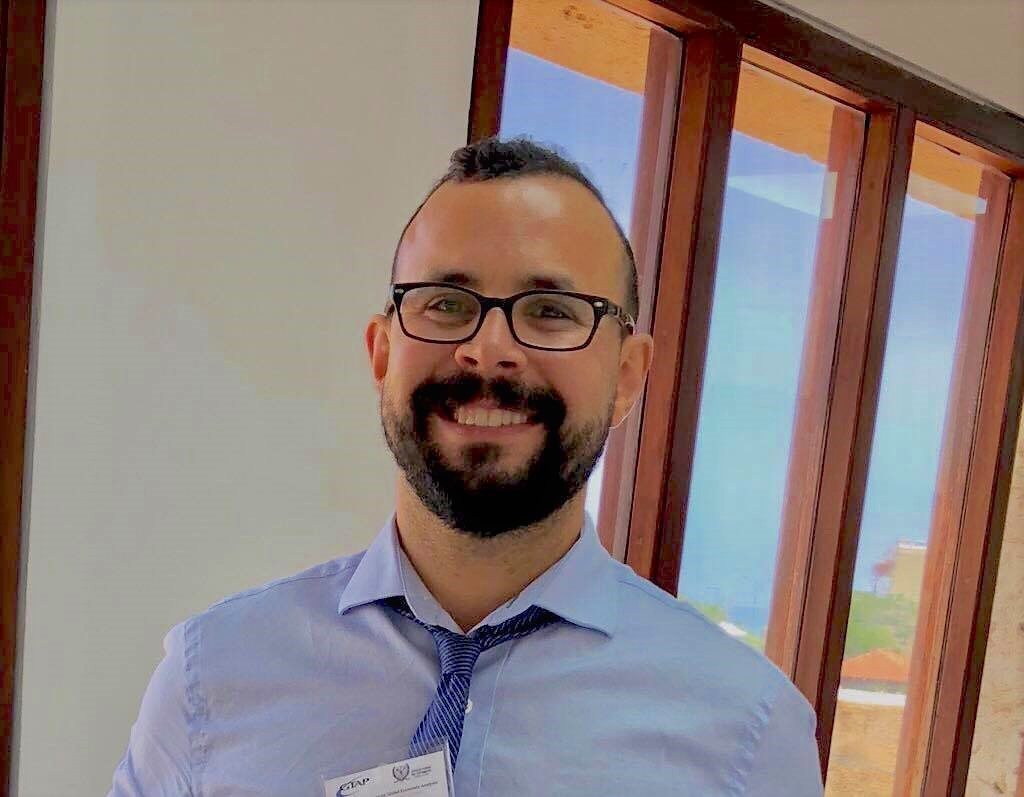
Emiliano López Barrera, PhD student, Department of Agriculture Economics
Fellow 2018-2021
Advisors:
Gerald Shively (Professor of Agricultural Economics)
Thomas Hertel (Distinguished Professor of Agricultural Economics)
Nilupa Gunaratna (Assistant Professor of Nutrition Science)
Project title: Health and environmental implications of the nutrition “double burden”
Project and research interests: Emiliano is currently focusing on the International Agricultural Trade and International Development specialty areas. He is fascinated with analyzing the interactions of the land and agriculture system with the global food demand. In his view, few problems could be more pertinent to global affairs than those posed by the contemporary linkages between human diets, health, and environmental quality. A growing global population combined with changes in consumption patterns are placing unprecedented levels of stress on the planet’s scarce natural resources. This process is leading to the degradation of land, water, and biodiversity, while also increasing GHG emissions on a global scale. Within this context, meeting the nutritional requirements for the world’s population while ensuring environmental sustainability will continue to be a major challenge for humanity over the coming decades. He hopes that his research will shed some light on these intricate matters and make a significant contribution to the cause.
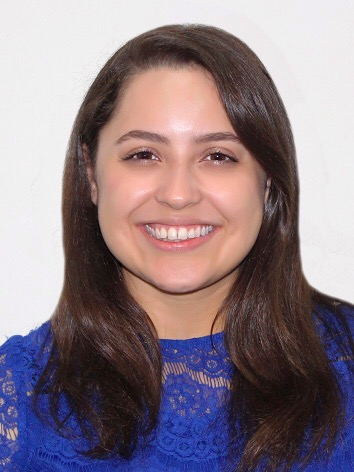
Herta Paola Montoya Rodriguez, PhD student, Lyles School of Civil Engineering
Fellow 2019 and 2020
Advisors:
Shirley J. Dyke (Professor of Mechanical Engineering)
David Richard Johnson (Assistant Professor of Industrial Engineering & Political Science)
Project title: Killer Buildings Hazard Mitigation
Project and research interests: Densely populated regions, such as the City of Los Angeles plus many cities around the world, are at risk due to high seismic activity and the fact that many of our buildings were constructed before engineers were able to quantify how extreme those conditions could be. In particular, older concrete buildings, which are ubiquitous for residential purposes, make our communities especially vulnerable to seismic action. In the City of Los Angeles alone nearly 1,400 older concrete buildings exist that were built and designed prior to adequate code standards, termed killer buildings. Their design lacks proper seismic detailing to perform adequately, meaning that they are highly vulnerable to seismic activity, and may result in major life and property losses. The City of Los Angeles recently imposed an ordinance to mandate retrofit of concrete buildings constructed prior to 1977, to reduce the risk of injury and loss of life. But there is little guidance for owners or engineers to determine which cases create the most risk to their communities. Furthermore, there is a need to analyze the cost and benefits on society and economy related to policy interventions encouraging action for killer buildings. To gain better understanding of the workings of risk mitigation and resilience on communities, the complex interplay between public policy and infrastructure needs to be examined. Killer buildings hazard mitigation, presented herein, will analyze the interactions between cyber-physical structural assessment, seismic risk mitigation strategies, professional code provisions, local authorities and policy decisions to make our communities safer.
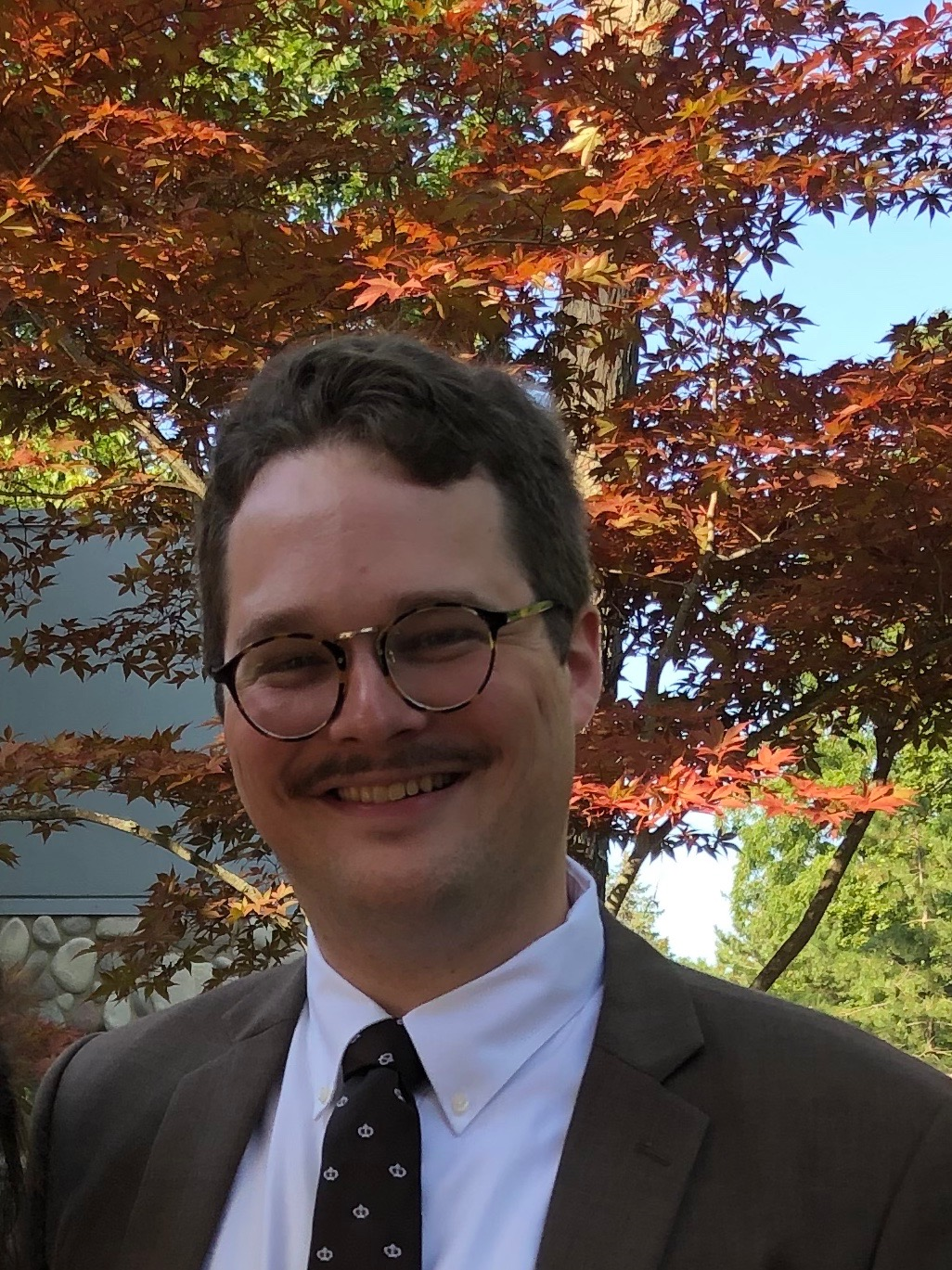
Henry Seeger, PhD student, Brian Lamb School of Communication
Fellow 2019-2021
Advisors:
Seungyoon Lee (Associate Professor of Communication)
Linda Stalker Prokopy (Professor of Natural Resources Social Science, Department of Forestry and Natural Resources)
Project title: Community resilience and response following PFAS contamination in Parchment, MI
Project and research interests: This study will investigate community and socio-ecological resilience in the wake of the discovery of PFAS contaminations in the city of Parchment, Michigan. On July 26, 2018, samples from the city’s municipal water system showed PFAS contamination at a level of 1,587 parts per trillion, which was over 20 times the US Environmental Protection Agency’s established safe limit for water. This research will integrate ethnographic observation with social network analysis in a transformative mixed method design to gain insights into the structure and function of human-water systems. Results from this research will help Parchment better cope with the disruption to their water resources, as well as more broadly increase the capacity of communities impacted by water contamination to effectively organize and respond to these events. More broadly, this research will provide needed insight into the ways that water-related crisis events drive emergent self-organization at community and socio-ecological levels.
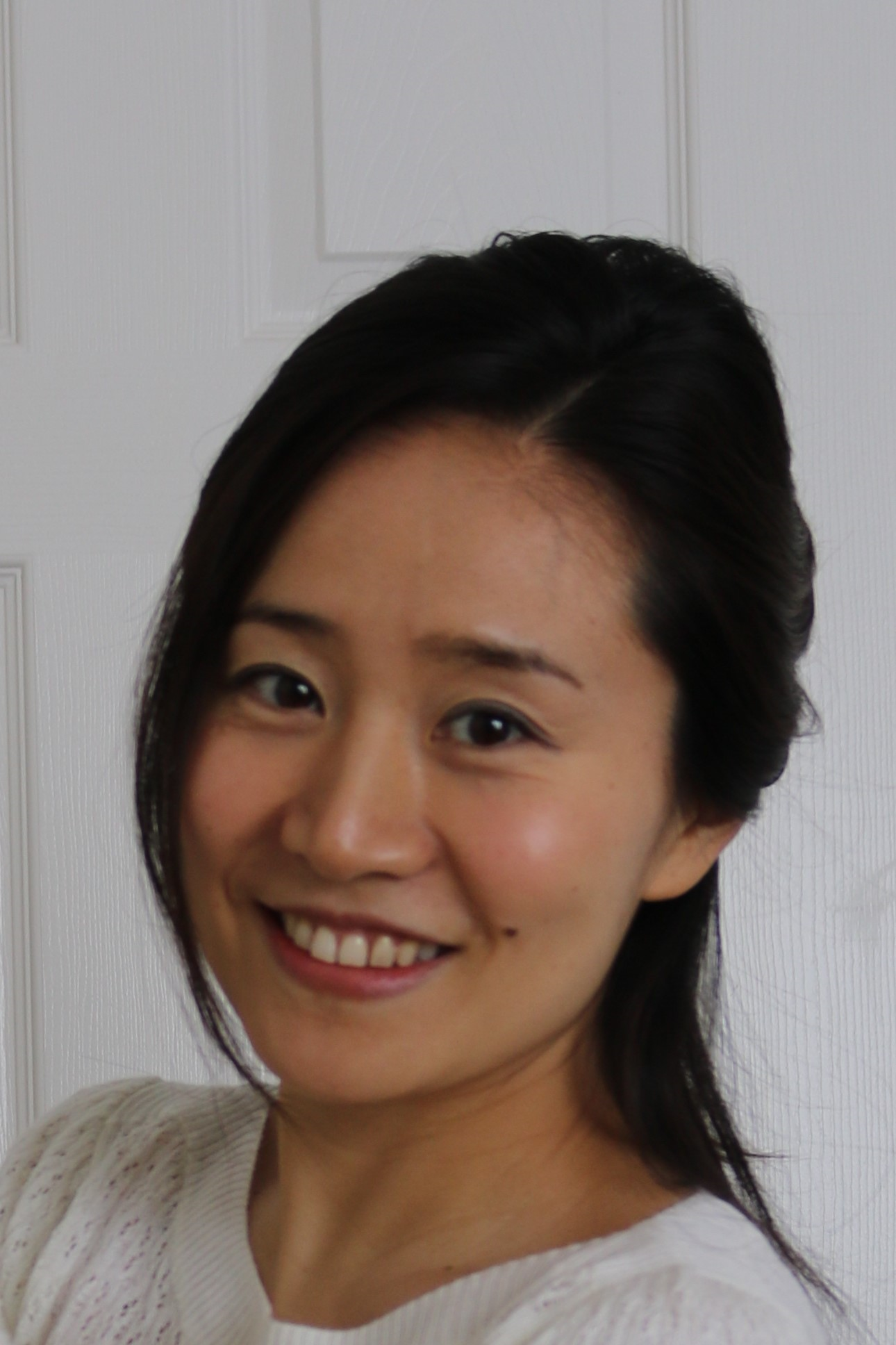
Nagisa Ishinabe, PhD student, Lyles School of Civil Engineering
Fellow 2018
Advisors:
David Johnson (Assistant Professor of Industrial Engineering and Political Science)
Dominique van der Mensbrugghe (Research Professor of Agricultural Economics and Director of the Center for Global Trade Analysis)
McKenzie Johnson (Visiting Assistant Professor of Political Science)
Project title: Climate change, migration and conflict
Project and research interests: Nagisa’s project focuses on climate change and the creation of solution-oriented globally consistent and comprehensive research outputs for a wide range of audience. Efforts have been placed on producing practical metrics for various stakeholders, so that people with different backgrounds and objectives can take actions using their own leverage points. She embraces various perspectives and research methods. Her current research examines climate impacts on international migration and conflicts. She is estimating migration flows and identifying conflict hotspots for the international community to create policies and institutions so that future catastrophic disasters will be minimized. Her previous research includes marginal abatement cost of carbon calculation covering over 1000 companies for business leaders to assess and adjust their strategies and for governments to set appropriate carbon policies. Her other interests include climate negotiations and sustainable development.
